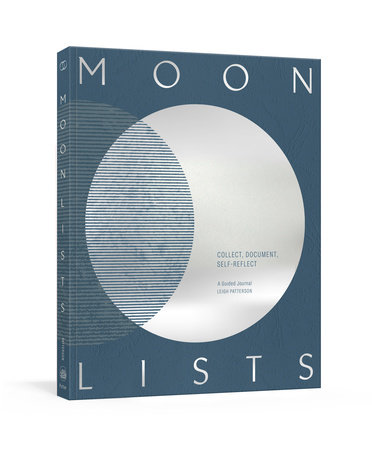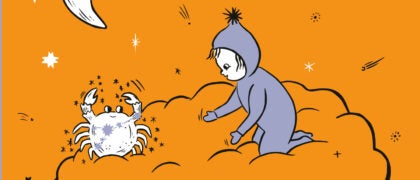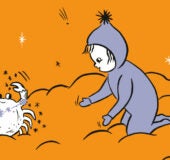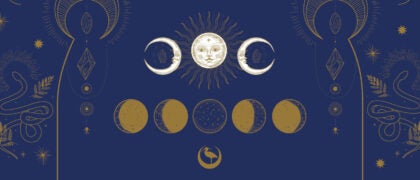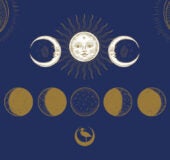I realized recently that the narrative I was telling others in casual conversation needed adjusting. “Hi, how have you been? What’s new?” a friend would ask—someone I care about but haven’t seen in a while. “Mostly work,” I’d respond.
Is that really it? Just work?
An egg and toast, sitting at my desk, headphones in my ears, guilt about forgetting to call my mom back, daydreams, a lot of abstract wants. How do I refine, how do I redefine?
The Moon Lists are a set of questions to inspire reflection on the recent past. These questions, prompts, and lists are an exercise in drawing the connection between memory and experience, a reminder that daily choices matter, habits are defining, and objects can hold layers of significance.
The cycles of the moon have historically been regarded as a sort of compass for self-reflection; with the unending ebb from night to light, the moon acts as a routine reminder that we are guided by months and seasons, a system of order and natural rhythm that exist outside of ourselves. Traditionally and across cultures the phases of the moon are regarded with different types of meaning, from new beginnings to intention setting to times of surrendering acceptance.
As the moon cycles through its phases, you will be asked to check with yourself, once a week, to reflect on your recent experiences.
Every week in this journal provides a list-making prompt or memory-gathering touchstone for self-reflection. There are different ways to consider the present, from the objects and themes that are front-ofbrain to the sensory details that have filled in the spaces in between moments. There is also space to catalog a more analog scrapbook of relevant ephemera, paper, or to recall notes or conversations that played a part in the last week. Take stock of what you recently acquired; this is a space for a souvenir from the week. A receipt, a leaf, a parking ticket, a shred of a pistachio shell. Tape it into your book.
At the end of each month is a set of questions constructed to look back on the last four weeks as a collective whole. You can define “the last four weeks” however you want: maybe you complete your list on the first of each month or maybe you just jump in whenever you can. Maybe you reflect on the full or new moon. Do what works for you.
Maybe you share and talk through your lists with a friend or partner. Maybe you develop your own ritual surrounding self-reflection (lighting a candle or a stick of special incense). Maybe you do it outside or at dinner, or at the park. Maybe it is spontaneous. Maybe it’s written down; maybe spoken aloud.
I do think it’s helpful to flip ahead to the prompts as you start your month to have them in the back of your mind as you go about your weeks . . . or if the prompts of a sequential month don’t feel right, skip ahead. The goal here is just to set aside time for weekly and monthly reflection, however that works best for you; it’s a reminder to notice something you might not otherwise and readjust your framing.
Choosing the way you observe, reflect on, and document what’s going on at present is a reminder: you are in control of your narrative. Call out the small moments that add meaning to your life, that fill you up on a deeper level, and seek out more of those experiences. This is the truest, most timeless form of self-care. It costs nothing other than your attention, asking that you live with your eyes open.
Copyright © 2019 by Leigh Patterson. All rights reserved. No part of this excerpt may be reproduced or reprinted without permission in writing from the publisher.




